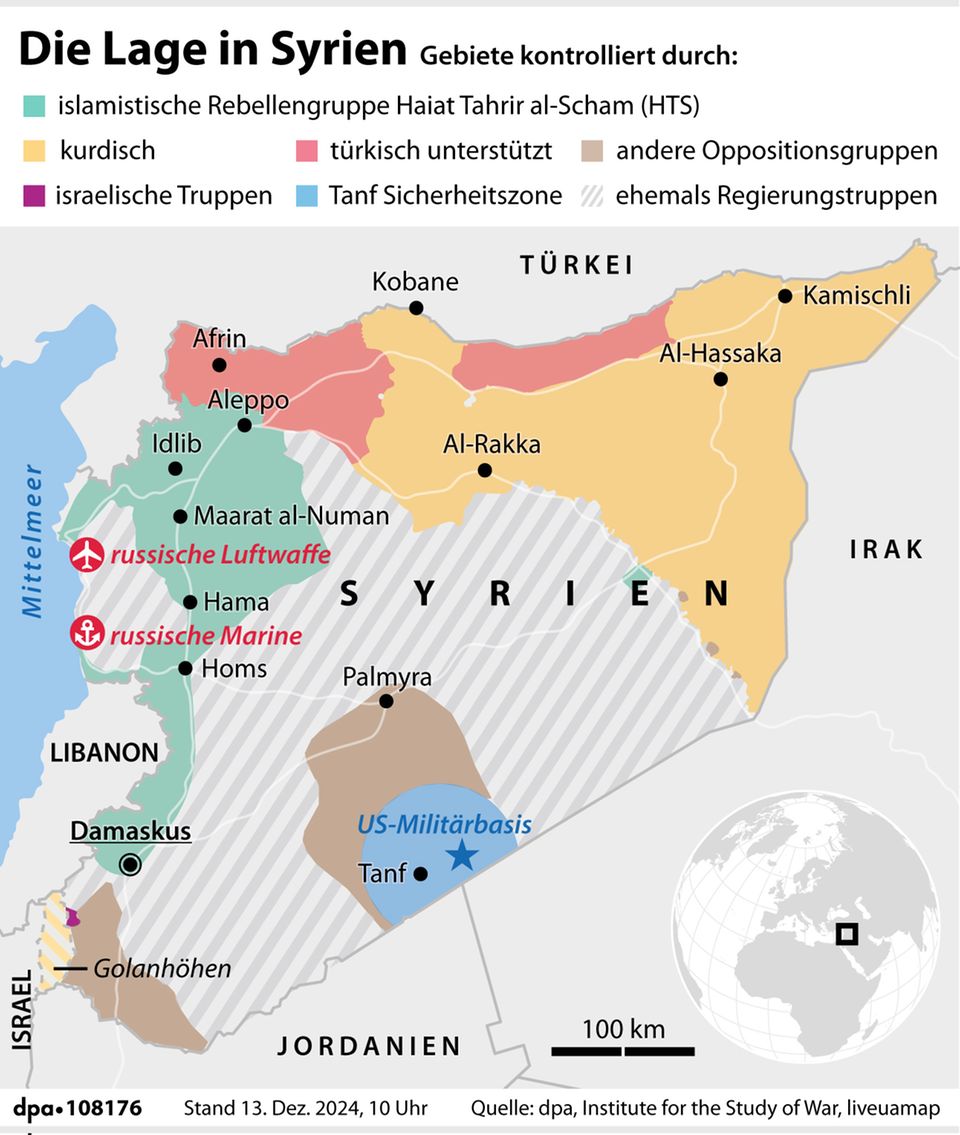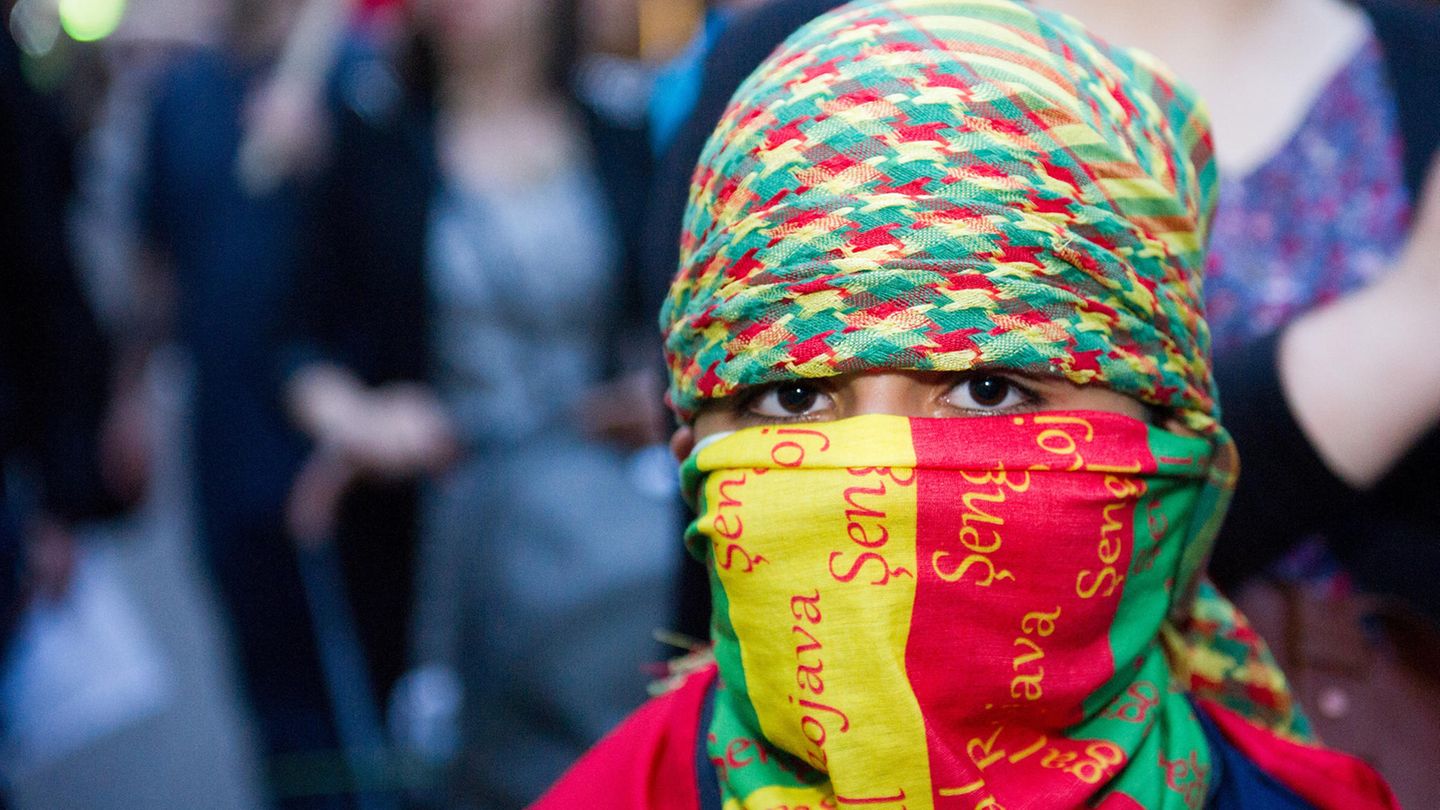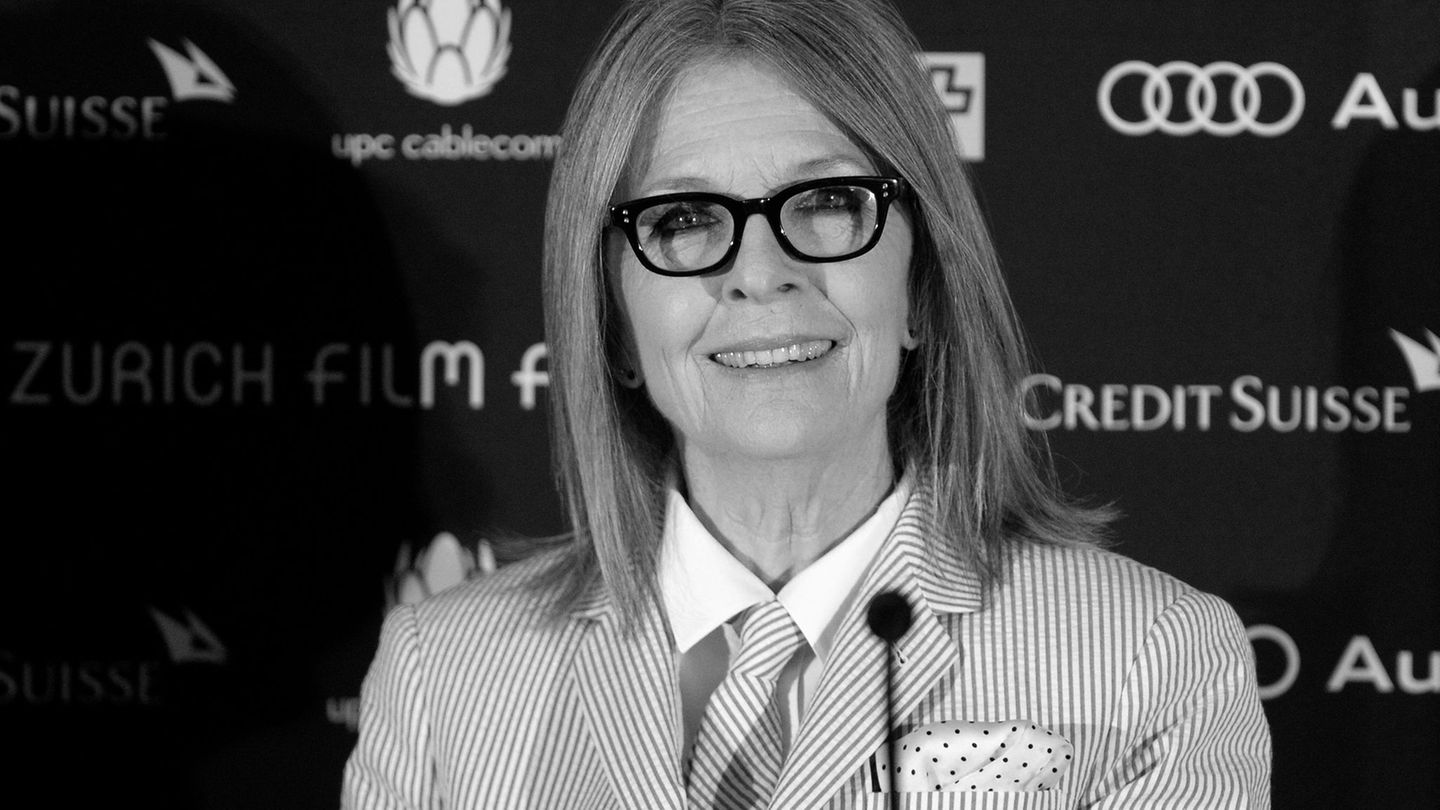Simply explained
Hatred with tradition – Erdogan’s Kurdish problem
Copy the current link
It is well known that Recep Tayyip Erdogan fears and loathes the Kurds in Turkey and Syria. But why now? And anyway: who are the Kurds actually?
Contempt not only takes energy and time, it requires real passion. As is well known, the Turkish president has no shortage of this when it comes to his arch-enemy. However, he is not an opposition figure, media mogul or foreign head of state. It is the largest people in the world without a country of their own that gives Recep Tayyip Erdogan no peace.
Who are the Kurds?
The Kurds are one people. Just like Germans, French, British, Turks. They are united by a common origin, culture and language (with different dialects) – but no overarching religion, although the majority of Kurds are Sunni Muslims. Estimates of how many people identify as Kurds vary, but there are probably between 25 and 35 million worldwide.
Historical Kurdistan extends across several modern state borders:
At this point our editorial team has integrated content from Datawrapper GmbH.
Due to your privacy settings, this content has not been loaded to protect your privacy.
The Kurds never had an internationally recognized state of their own, although they came close to it after the First World War and the associated fall of the Ottoman Empire. The western victorious powers had promised them independence in the Treaty of Sèvres. In the end, they were instead divided between four states - and have remained homeless to this day. Depending on the region, the Kurds enjoy state-recognized autonomy (as in Iraq), act at least partially autonomously (as in Syria), or are culturally and politically oppressed (as in Iran and Turkey).
What is the PKK?
If you want to understand why the Kurds in Turkey have such a difficult time, you have to take a look back.
In the 1920s and 30s, when Turkey had just been founded and the dream of Kurdistan was shattered, the Turkish Kurds, who alone made up around half of the Kurdish people, rebelled. The consequence: forced relocations, bans on Kurdish names and traditional clothing, and restrictions on the Kurdish language. Ankara even denied that there was a Kurdish people at all, instead speaking of "Mountain Turks". But then, as now, the identity of millions of people could not simply be ignored.
In 1978, Abdullah Öcalan, the son of a Turkish mother and a Kurdish father, founded the Partiya Karkerên Kurdistanê, the Kurdistan Workers' Party. The aim of this socialist-militant PKK (which has sister organizations in Syria, Iraq and Iran) was the establishment of a Kurdish state until the 1990s, and later at least political autonomy. Even if it is by force. Since the first armed attacks in the 1980s, more than 40,000 people have lost their lives fighting for, against or at the hands of the PKK. The party is classified as a terrorist organization not only in Turkey, but also by the USA and the EU.
In 2013, the Turkish government and the PKK leadership concluded a ceasefire. However, it only lasted two years. In July 2015, 33 people died in the predominantly Kurdish town of Suruç, near the Syrian border. Ankara blamed the Islamic State, and the PKK accused Recep Tayyip Erdogan, who had recently been sworn in as president, of having had a hand in it. He in turn declared a “synchronized war on terror” to the PKK and IS – in that order. "There is no real nationalist anger against [den] IS, but there is nationalist anger against the PKK," says political scientist Omer Taspinar from the US think tank Brookings Institute.
Erdogan and the Kurds
As a future autocrat, Erdogan relies on nationalism and national security - so an enemy image is simply useful. Whenever a political opponent becomes dangerous, he suggests a connection to the PKK, which threatens the unity of Türkiye. This is what happened to the left-wing HDP party.
Since the military's attempted coup in 2016, Erdogan has sensed enemies on every corner. He arrested an estimated 50,000 people and increased attacks on Kurdish separatists - or those who might be Kurdish separatists. As long as he keeps the PKK branches in the Middle East in check militarily, Erdogan believes he can nip a united, cross-border Kurdish revolution in the bud.
Kurds are allowed to be Kurds in Turkey if they recognize Turkish citizenship. "The problem starts when they want a hyphenated identity," said political scientist Taspinar. At home, Erdogan has recently taken strange steps.
In October, his junior partner Devlet Bahçeli - head of the far-right MHP, nicknamed the "Kurdish Butcher" - publicly shook hands with MPs from a pro-Kurdish party. A little later, Bahçeli surprised everyone by suggesting that the PKK founder, who has been behind bars and awaiting death for 25 years, be pardoned if his movement dissolves. It is impossible that Bahçeli acted without Erdogan's blessing.
Experts speculate that Erdogan wants to appease the opposition in order to change the constitution so that he can rule beyond 2028. The post of president is actually limited to two five-year terms. A rule that Erdogan had already interpreted very freely in the last election in 2023, when he called on Turks to vote for him “one last time”. But even if he is allowed to run again in 2028, the election would not be a sure-fire success. Erdogan's hatred of the Kurds also stems from the fact that he cannot ignore them, at least their power at the ballot box. Every fifth Turk is Kurdish. And there are more. Their birth rate is significantly higher than the rest of the country.
What about the Kurds in Syria?
In Syria, Kurds have also been oppressed for decades, even though they make up ten percent of the population. Land was repeatedly taken away from them and distributed to Arabs, and hundreds of thousands were even denied citizenship. When the civil war created a power vacuum in the northeast in 2011, the Kurds seized the opportunity.
Today the YPG, the military arm of the local Kurdish Workers' Party PYD, controls at least a quarter of the state's territory. This Syrian Kurdistan (called Rojava) has been governing itself largely autonomously for more than ten years now. The PYD claims that it is not striving for an independent Kurdistan on Syrian soil, but is demanding a say after the end of the war.
The deposed dictator Bashar al-Assad had come to terms with this permanent provisional arrangement - especially because the Kurds knew the USA was on their side, as they had fought the Islamic State (IS) with the Americans as part of the Syrian Democratic Forces (SDF). Syrian soil was almost completely destroyed. When IS was officially history in 2019, the US withdrew from northern Syria at the behest of its Supreme Commander Donald Trump – a “stab in the back,” as the Kurds called it.
Turkey has been planning to attack the Kurds for a long time. They have been fighting forever. We have no soldiers or military anywhere near the attack area. I am trying to end the ENDLESS WARS. Talking to both sides. Some want us to send tens of thousands of soldiers to....
— Donald J. Trump (@realDonaldTrump) October 10, 2019
At this point, our editorial team has integrated content from Twitter / X.
Due to your privacy settings, this content has not been loaded to protect your privacy.
Erdogan was just waiting for the opportunity, as he unsurprisingly didn't like a Kurdish autonomous region on Türkiye's southern border. He announced that he would establish a 32-kilometer-deep “security zone” along the border. In this no man's land he wanted to accommodate millions of (expensive) Syrian refugees who had previously been accommodated in Turkey.

The Kurds were forced to find new friends - and found them. In Damascus. In order to repel the Turkish advances, they entered into an alliance of convenience with Assad, thanks to friendly Russian mediation. Today, five years later, the Syrian Kurds are again without a partner. So one person in particular benefits from Assad's fall: Erdogan.
Source: Stern
I have been working in the news industry for over 6 years, first as a reporter and now as an editor. I have covered politics extensively, and my work has appeared in major newspapers and online news outlets around the world. In addition to my writing, I also contribute regularly to 24 Hours World.




